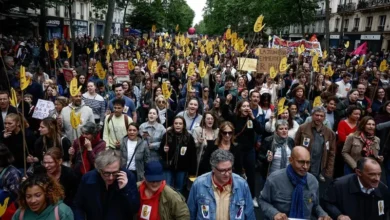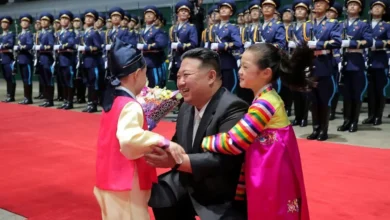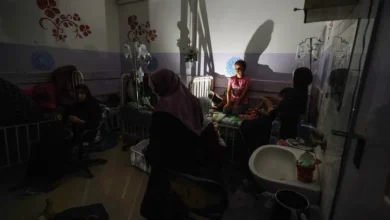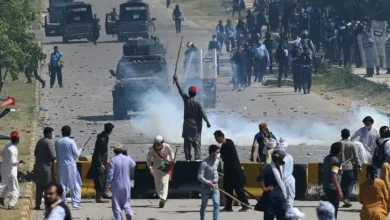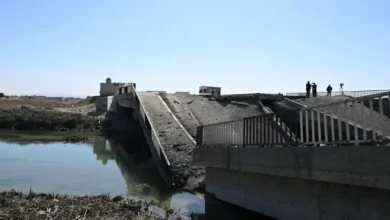Redrawing the map: Israel seeks to remake the Middle East to its own design
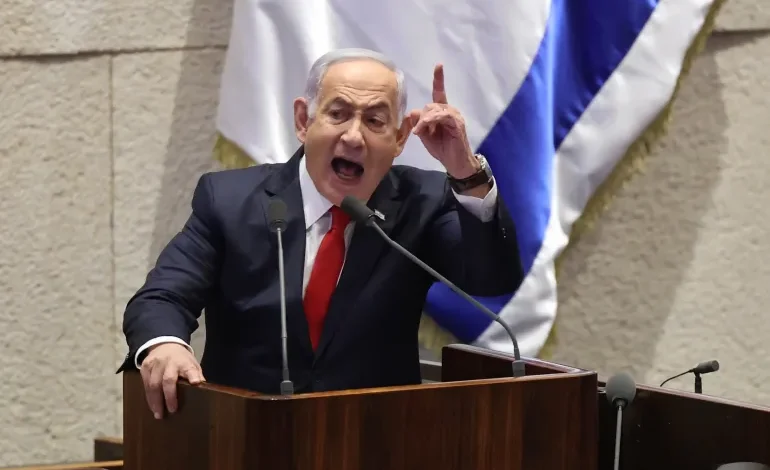
Since former Syrian President Bashar al-Assad’s dramatic flight to Moscow on Sunday, Israel has launched hundreds of attacks on its neighbour.
But it has been attacking Syria with impunity since at least January 2013, when it bombed a Syrian weapons convoy, killing two.
Since then, Israel has attacked Syria continuously, typically claiming it was targeting positions belonging to its nemeses – Hezbollah and Iran.
In the process, according to observers, it has normalised for itself the idea of attacking a neighbouring state.At the same time, it has moved its ground forces into a demilitarised zone located within Syrian territory along the border with Israel in the Golan Heights, which Israel already illegally partially occupies. Israel says it wants to create a “sterile defence zone” and declared the 1974 agreement that had established the buffer zone “collapsed”.
But political scientist Ori Goldberg was not convinced any strategy was at play.
Instead, he said: “This is our new security doctrine. We do whatever we want, whenever we want, and we don’t commit,” he said from Tel Aviv.
“People are talking about Greater Israel and about how Israel is sending its tendrils into neighbouring countries. I don’t see it,” he said.
Ignoring the world’s condemnations
Israel has killed at least 48,833 people over the past 14 months.
It has been striking Iran, its ally Hezbollah in Lebanon, then invading Lebanon, and now it is attacking Syria.
All the while assaulting the besieged enclave of Gaza, an assault found to be genocidal by several nations and international organisations and bodies.
Unconcerned with casualties, Netanyahu’s talk of “changing the face of the Middle East” has found ready echoes across much of the Israeli media.
On Wednesday, an opinion in The Jerusalem Post boldly stated: “In the last year, Israel has done more for stability in the Middle East than decades of ineffective UN agencies and Western diplomats.”
Various states have criticised Israel’s attacks on the newly liberated Syria, including Egypt, France, Iran, Iraq, Qatar, Russia and Saudi Arabia. On Saturday the 22-member Arab League issued a statement accusing Israel of seeking to “exploit Syria’s internal challenges”.
The United Nations, whose mandate to police the buffer zone between Syria and Israel runs till the end of this year, decried this breach of international law.
“The UN’s protests mean absolutely nothing,” Golberg said, suggesting that Israel’s repeated clashes with various international organisations were part of an overarching mood within the country.


